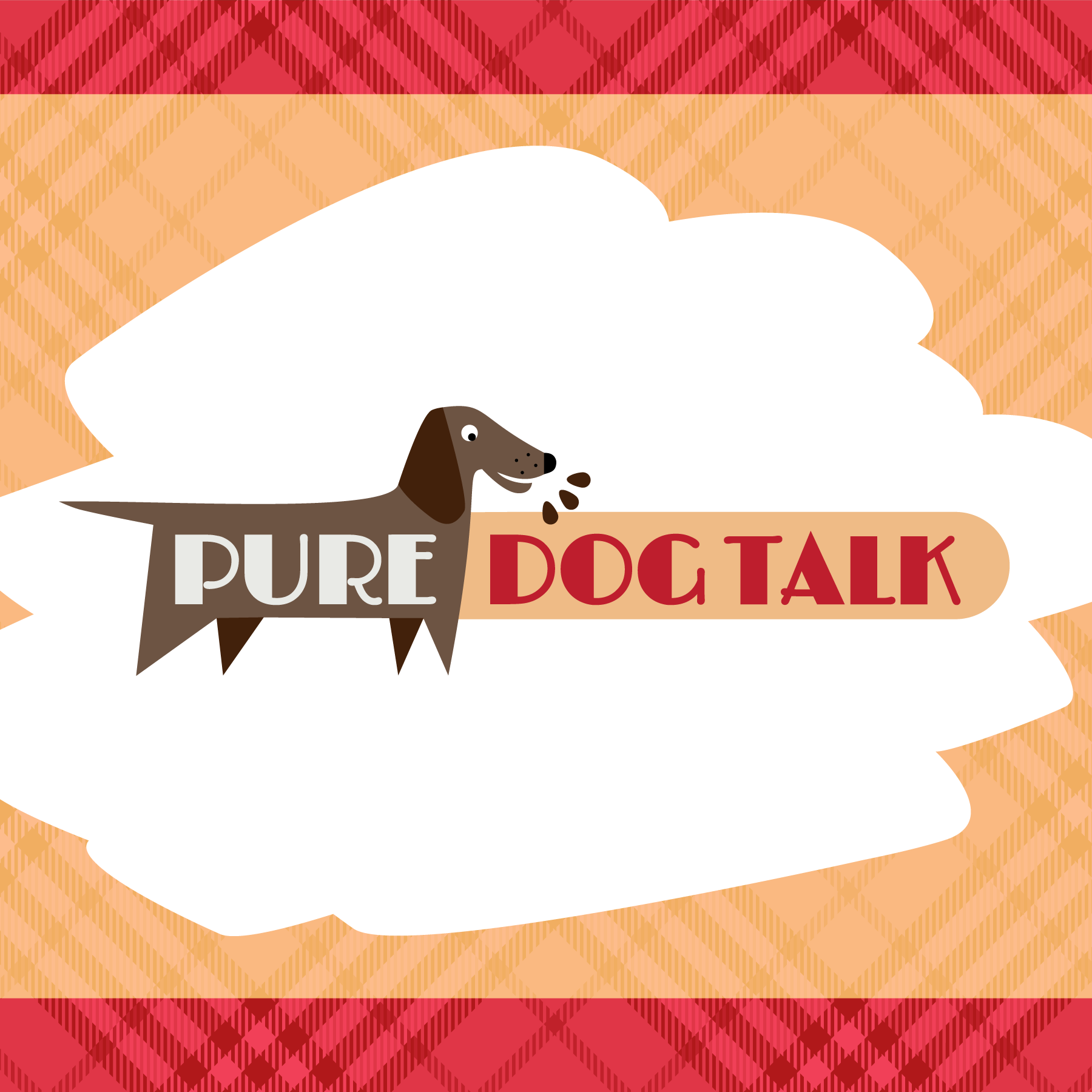Dog Behavior Expert on Nature vs Nurture. BONUS Purple Leash
[caption id="attachment_13263" align="alignleft" width="363"] Dr. Annie Valuska, Principal Scientist – Behavior, Global Pet Behavior for Nestle Purina.[/caption]
Dr. Annie Valuska, Principal Scientist – Behavior, Global Pet Behavior for Nestle Purina joins host Laura Reeves for a deep dive on dog behavior.
“I think even for any animal, (nature vs nurture) is a challenging question,” Valuska said, “but I think for dogs in particular, that might be the muddiest waters out there. Dogs have been domesticated for longer than any other species on earth. They have this long history of kind of co -evolving with us. And as a result, in my opinion, it is now in dogs' nature to be nurtured by us.
“And so that just really, really blurs the lines. Everybody that loves dogs, you don’t have to be a scientist to know that there's something really special in that bond. But the science behind it is really cool. And it all started with the domestication.
“So dogs diverged from a common wolf -like ancestor about 15 ,000 years ago,based on the latest science and there's a lot of evidence that they kind of domesticated themselves. That the friendliest, most outgoing wolves, we'll call them, were willing to approach people for the benefits that we could provide, mostly food.
“And then those wolves produced more offspring. They survived longer. They had higher fitness and evolutionary terms. They reduced offspring that were also friendly, tame, curious, approachable. And then over generations, we've ended up with the dogs that we know and love today.
“And while there are several differences between dogs and wolves, most of the big ones are really defined by the fact that dogs have this relationship with humans. They have, for example, changes in their digestive system that allow them to digest carbohydrates much more effectively than wolves can. They have changes in the muscles around their eyes that allow them to make that puppy-dog-eye expression and show the whites of their eyes that we respond really strongly to.
“So they kind of hijacked that in us. And one of the coolest changes in my opinion is that dogs are so much better just naturally at paying attention to and responding to what we're doing. So things like where we're looking, they will respond to our pointing gestures by going to where we're pointing. They do this pretty much innately. Puppies are kind of made to respond to people.
“Wolves just can't do that, even when they are raised and socialized exactly like the dogs are in these studies. And so that certainly speaks to something about the DNA. The genetic changes, what makes a dog a dog, makes them attuned to us and wanting to build that relationship and that bond with us.
“I think of the genetic component as starting the dog somewhere on a spectrum. It's like dropping that dog on the spectrum from extremely fearful to extremely friendly, their genes are giving them a starting place. I think that the socialization and training that the dog gets throughout their lifetime can absolutely move them on that spectrum.
“Now, a dog that has a genetic background that is resulting in them being on the very far fearful end is probably never ever going to be socialized well enough to get to the very far friendly end. There is a limit to how far on that spectrum they can move from where their genes drop them. But I think there is generally a lot more wiggle room there than many people give credit for.
“And one of the interesting studies on this that came out just a couple years ago in 2022 was looking at breed specific genetic backgrounds. And what that study found was that while the genetics of specific breeds were pretty tightly correlated with physical traits, there was really not much behaviorally, which surprised a lot of people because there are many beliefs that, ‘Oh, Golden Retrievers have this temperament and some of these more ancient breeds have this temperament,’ but there was not much evidence for that in that study. There, in fact, was almost as much variability within a breed as there was between breeds.”
Listen in for the full, in depth, fascinating conversation and join us in promoting Domestic Violence Awareness month with a bonus discussion of the Purple Leash Project.
Dr. Valuska can be followed at @annieknowsanimals on TikTok and Instagram.



